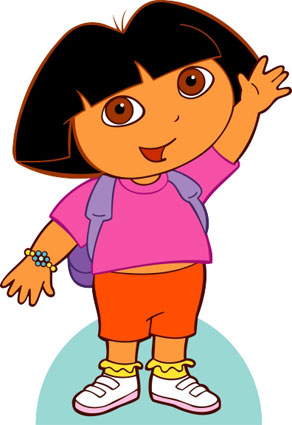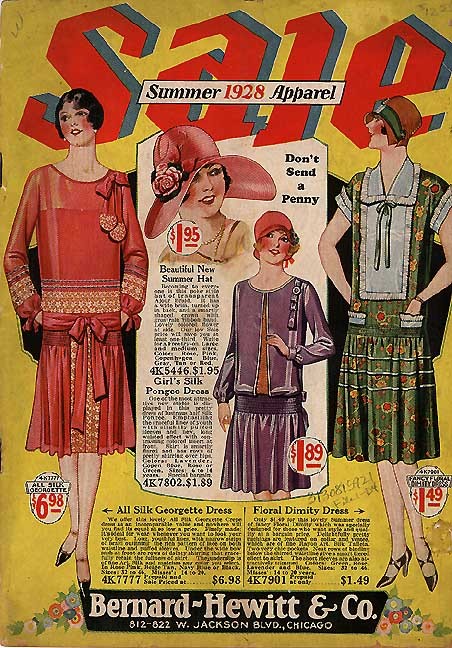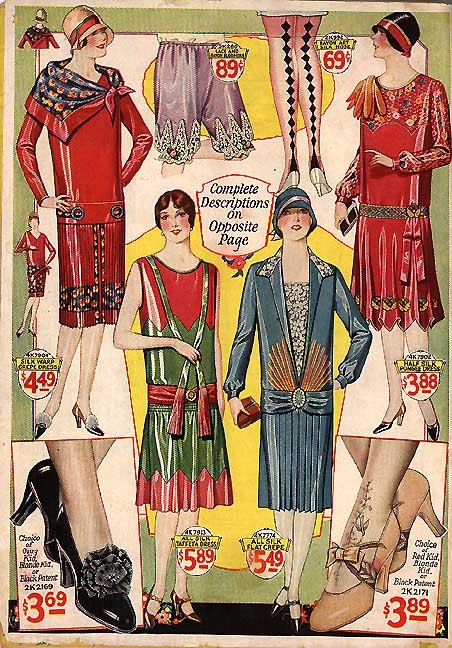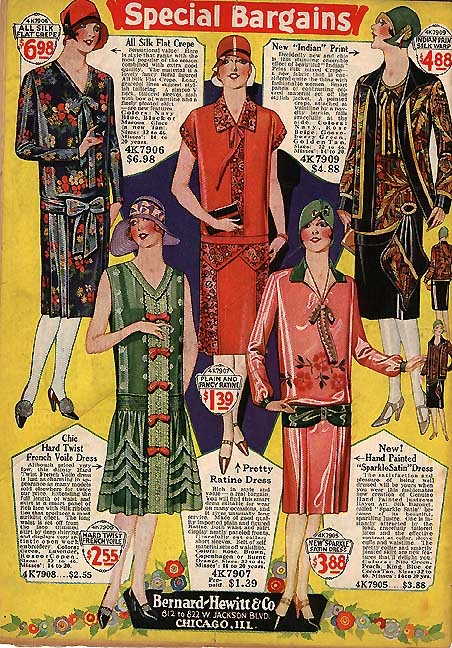According to the Economist, beauty spending–on make-up, diet and exercise, fragrances, skin care, hair products, and cosmetic surgery–adds up to a $160 billion-a-year worldwide. To illustrate this, Lauren Greenfield calculated the monthly spending of six women and photographed them undergoing their beauty treatments (slideshow here). Thanks to Karl B. for sending along the link!
26 year-old, Ginger spends $650 a month on her physical appearance. At Manhattan’s store Sephora, Ginger shops alone for cosmetics because her friends know she will spend hours. She is so obsessed with makeup that she founded her own line of cosmetics, Ginger Luxe.
PR-Company owner, Claudine (29) compares prices at Duane Reade drug store in Upper East Side Manhattan. Claudine spends only $80 each month on her personal grooming. Her philosophy is ‘the less stuff I use, the better I look’.
New York City actress Cameron (25) spends $620 a month on her personal grooming. Cameron reveals that her hair is the key to her personality, ‘I spend so much time with my hair-stylists, they’re like my family’.
New York City hedge-fund exec Suzanne (36) spends $1720 a month on personal grooming. At ‘Skin & Spa’ cosmetic surgery center, Suzanne receives Botox from Dr. Howard Sobel, a treatment that she receives 3 times a year.
Fashion company spokeswoman, Jennifer, 27 receives a spray tan at a top New York salon. Jennifer spends $865 on personal grooming, ‘My spa time’s not a splurge-it’s a necessity!’
For more on beauty and spending, see our posts on the scientizing of beauty products (here, here, and here), our post on how Dove and Axe are in bed together, and this post on the economics of beauty over a lifetime.
Also see Lauren Greenfield’s work on girl culture and photographs of children at a weight loss camp.
Lisa Wade, PhD is an Associate Professor at Tulane University. She is the author of American Hookup, a book about college sexual culture; a textbook about gender; and a forthcoming introductory text: Terrible Magnificent Sociology. You can follow her on Twitter and Instagram.








